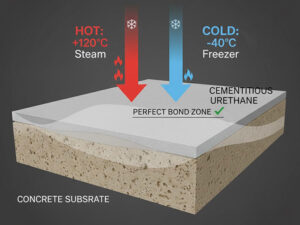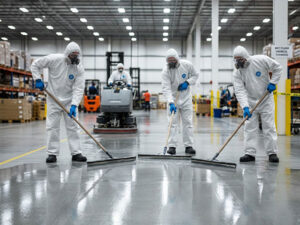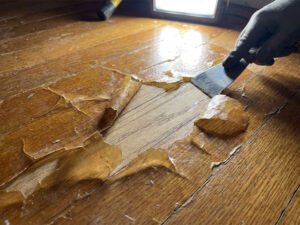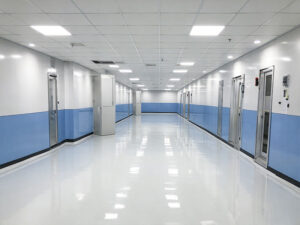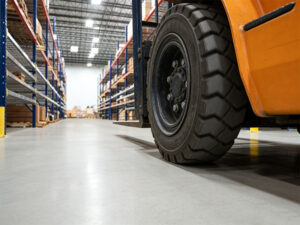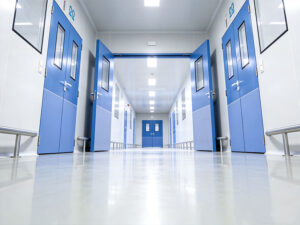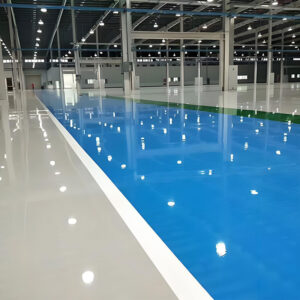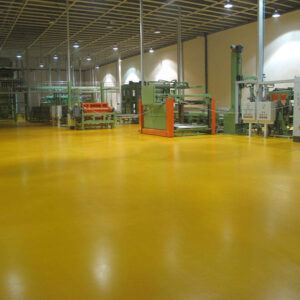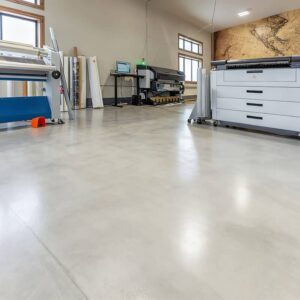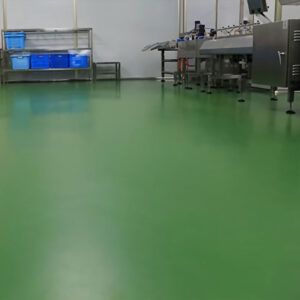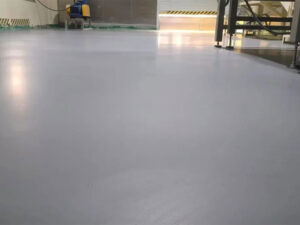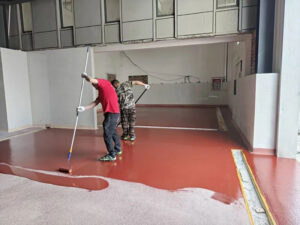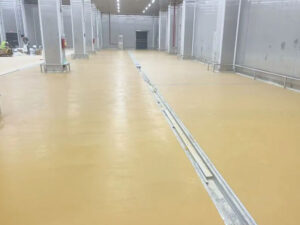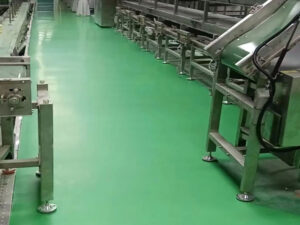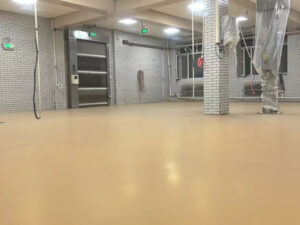In today’s industrial manufacturing sector, selecting the optimal factory flooring is critical for operational success. A well-designed industrial flooring system significantly enhances workplace safety, improves visual aesthetics, boosts productivity, and optimizes overall working conditions. With numerous floor coating materials and installation techniques available, choosing the most suitable solution requires careful consideration.
Understanding Core Flooring Requirements
The foundation of selecting proper factory floor coatings begins with clearly defining performance requirements. Key factors include abrasion resistance, load-bearing capacity, dustproof properties, chemical resistance, slip resistance, and ease of maintenance. Superior abrasion-resistant flooring ensures durability against heavy machinery and constant traffic, while high load-bearing capacity prevents cracking from heavy equipment and stored materials. Effective dustproof flooring minimizes particulate contamination, protecting both workers and sensitive equipment. Chemical-resistant coatings are essential for facilities handling oils, acids, or solvents, preventing structural damage and safety hazards. Additionally, slip-resistant surfaces and easy-to-clean flooring significantly reduce maintenance costs while improving workplace safety.
Addressing Industry-Specific Needs
Different manufacturing environments demand specialized factory flooring solutions. Facilities with frequent forklift traffic require high-impact-resistant flooring capable of withstanding heavy loads and constant movement. For food processing plants or pharmaceutical facilities, FDA-compliant antimicrobial flooring becomes mandatory to meet strict hygiene standards. Automotive workshops benefit from oil-resistant epoxy coatings that withstand fluid spills and heavy equipment. Electronics manufacturers often opt for anti-static flooring to protect sensitive components. Understanding these unique requirements ensures the selected industrial floor system perfectly matches operational demands.
Budget Considerations and Lifecycle Costs
Investment in factory flooring involves evaluating both initial costs and long-term value. The market offers various options ranging from economical epoxy floor paint to premium polyurethane systems. While epoxy flooring provides cost-effective protection, polyurethane coatings offer superior flexibility and chemical resistance. Calculating floor coating cost per square foot should include projected maintenance expenses – durable seamless flooring systems typically deliver better ROI by minimizing repairs and downtime. Facilities should also consider fast-curing options to reduce installation downtime and warranty coverage for long-term protection.
The Importance of Professional Installation
Selecting experienced factory flooring contractors ensures proper system performance. Qualified installers assess subfloor conditions, recommend optimal floor coating systems, and implement advanced application techniques. Professional teams understand how temperature and humidity affect curing processes and can advise on non-slip additives or color-coding systems for safety zones. Their expertise guarantees seamless, durable finishes that withstand industrial demands while complying with relevant safety standards and industry regulations.
JINYU PAINT® Industrial Flooring Solutions
JINYU PAINT® specializes in high-performance factory flooring systems engineered for extreme conditions. Our heavy-duty floor coatings utilize advanced polymer technology to deliver exceptional durability, with proven performance exceeding 20 years in demanding environments. The JINYU professional installation team combines technical expertise with practical experience to deliver customized solutions for various industries, including warehouse flooring, manufacturing plants, and clean room environments. From chemical-resistant formulations to high-gloss easy-clean surfaces, we provide comprehensive flooring solutions that balance performance, safety, and cost-efficiency.
By carefully evaluating factory flooring requirements, material specifications, budget parameters, and installation quality, manufacturers can implement optimal industrial floor systems that enhance productivity, ensure safety, and withstand decades of intensive use. The right flooring investment not only protects your facility’s infrastructure but also contributes to operational efficiency and workforce satisfaction.

